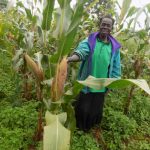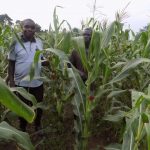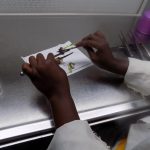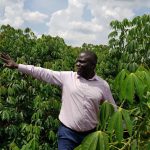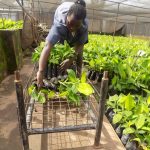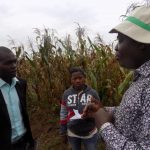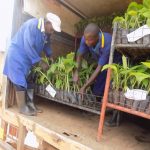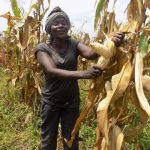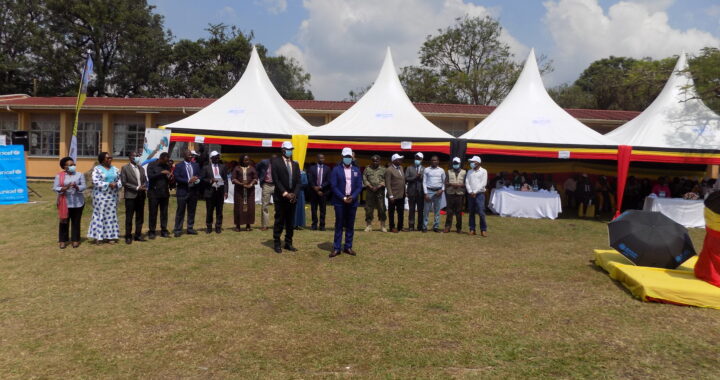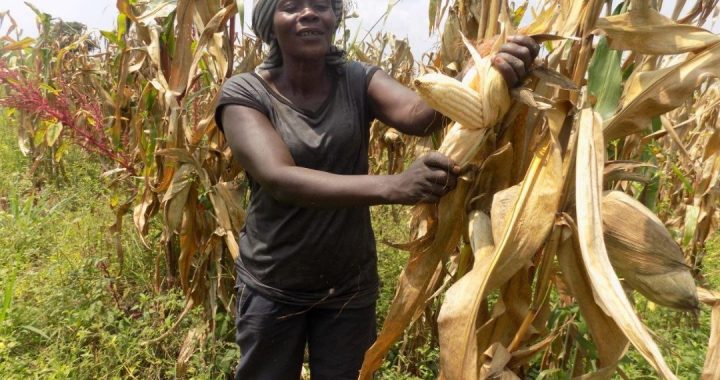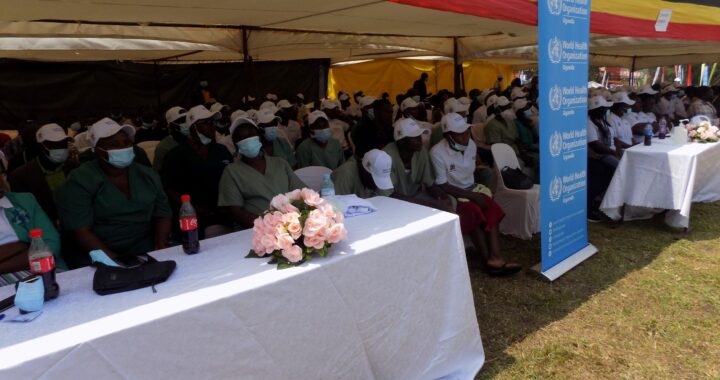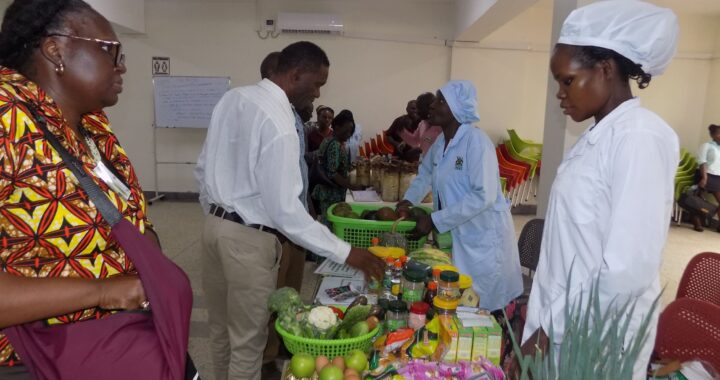Focus on urban areas, government advised
4 min read
Participants who turned up for research on urban areas dialogue at Makerere University. Photo by Christopher Bendana
By Christopher Bendana
Kampala
Tamale Kiggundu, an urban planner expert and lecturer recently told delegates attending a dialogue on research for urban areas at Makerere University that it is cheap and easy to offer services such as housing, water, and electricity to people in urban areas because they are close proximity.
“The cost of infrastructure investment key factors for development is low in urban areas,” said the urban expert, who is also head of the Department of Architecture and Physical Planning at the College of Engineering, Design Art and Technology (CEDAT) at Makerere University.
The dialogue held in the CEDAT conference hall was a precursor for the launch of the Makerere University Regional Centre for Urban Research, Governance, and Innovation (MURCURGI).
It brought on urban experts from the academia, private sector, government, and civil society.
The centre will run as a think tank is meant to provide inter- trans-disciplinary research to inform urban policymakers, and provide training for urban political and technical leaders in city planning.
Kiggundu argued that urban areas were centres of economic gravity providing markets for goods and services.
He called for the reconstruction of the current development approach; to have more people move to urban areas to have more land for agricultural transformation, adding that there needs to be a balance between rural/urban development instead of the current government’s focus on rural development.
More people have been moving to urban areas according to the Uganda State of Urban Sector Report 2021-2022 of the Ministry of Land, Housing and Urban Development
The percentage of the population living in urban areas in Uganda increased from 12.3 percent in 2002 to 18.6 percent in 2014, an annual increase of 5.2 percent. It further increased to 26.5 percent in 2021 signifying an annual increase of 18.6 percent.
The report reveals a lack of spatial planning in Uganda’s urban areas. Physical Development plans in urban areas were at only 45 percent, with town councils performing worst at 29 percent. Officials blamed this on limited funding
Total area coverage under detailed physical plans in urban councils was only 10%.
The level of urbanisation in Uganda is projected to increase to 50 percent by 2050 according to the Uganda Bureau of Statistics projection of 2014.
Presenting a paper Greening Uganda’s Cities Challenges, Opportunities and Recommendation Samuel Malaba from Cities Alliance like Kiggundu highlighted the importance of urban areas driving economic development.
“Cities are at the forefront of economic development,” he said. They provide the best cost-effective infrastructure investment serving the largest population.”
He explained that they contribute the bulk of a country’s gross domestic product (GDP), as well as holding large populations in the smallest areas.
A recent 2023 World Bank report indicates that 80 percent of the global GDP is from cities, cities use about 70 percent of the energy and also emit 70 percent of the greenhouse emissions.
The report highlights the challenges of affordable housing, viable infrastructure, jobs, and the increasing informal settlement problems associated with cities in the developing world like Kampala.
The problem of Kampala and other Uganda cities is compounded by the rapid urbanization of 5.43 percent annually according to the World Population Review. Uganda is only second to Burundi in this high urbanisation.
Much of this increasing population lives in informal settlements which have seen wetlands cleared for settlement which has led to constant flooding leading to waterborne diseases.
Urban areas like Kampala and other sub-Saharan African cities also face a huge challenge of poor planning with only 32% percent of formal settlement according to the African Development Bank report on Urbanization in Africa.
There is also a challenge of waste disposal, lack of organized mass transport, pollution, and crime.
Malaba decried the current impunity in environmental destruction, lack of green spaces in urban areas, and the widespread use of charcoal and firewood which leads to deforestation.
He called for the promotion of green industrialization, the provision of tax incentives to promote the green agenda, and the integration of green infrastructure in urban planning
“It is in urban areas where the battle for sustainable development will be won or lost,” he said.
Judith Nabakooba, the minister for Land, Housing, and Urban Development welcomed the idea of an urban research center saying the current challenges of rapid urbanization call for new approaches to urban planning.
“We will be coming to you for assistance,” she said.
Judith Nabakooka, the Lands minister being welcomed by Amin Tamala Kiggundu at the College of Engineering Design Art and Technology at Makerere University. Photo by Christopher Bendana[/caption]
SDG goal 11 which talks about sustainable cities and communities with its goals of making cities and human settlements inclusive, safe, resilient, and sustainable is still elusive. Affordable and stable transport systems are just talk as is safe and affordable housing.
There is a general lack of green spaces in Kampala and other urban areas. Flooding is the order of the day every time it rains. Dust and air pollution are a daily disease even for those in air-conditioned offices, and vehicles.
“It is in urban areas where the battle for sustainable development will be won or lost,” Malaba said. “Otherwise, rural areas undermine the market economy as many live a subsistence life.”
You can support this independent journalism by contacting the editor at cbendana@sciencenowmag.com
ScienceNowMag would like to send one journalist to report from COP 29. You can be a sponsor
